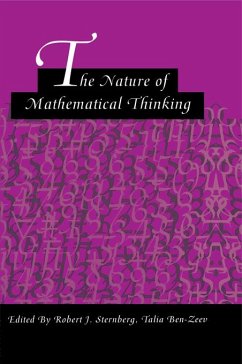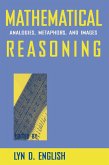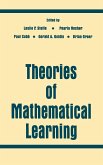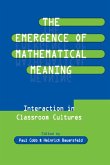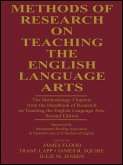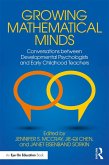The chapter authors were asked to focus on their own approach to mathematical thinking, but also to address a common core of issues such as the nature of mathematical thinking, how it is similar to and different from other kinds of thinking, what makes some people or some groups better than others in this subject area, and how mathematical thinking can be assessed and taught. Their work is directed to a diverse audience -- psychologists interested in the nature of mathematical thinking and abilities, computer scientists who want to simulate mathematical thinking, educators involved in teaching and testing mathematical thinking, philosophers who need to understand the qualitative aspects of logical thinking, anthropologists and others interested in how and why mathematical thinking seems to differ in quality across cultures, and laypeople and others who have to think mathematically and want to understand how they are going to accomplish that feat.
Dieser Download kann aus rechtlichen Gründen nur mit Rechnungsadresse in A, B, BG, CY, CZ, D, DK, EW, E, FIN, F, GR, HR, H, IRL, I, LT, L, LR, M, NL, PL, P, R, S, SLO, SK ausgeliefert werden.

